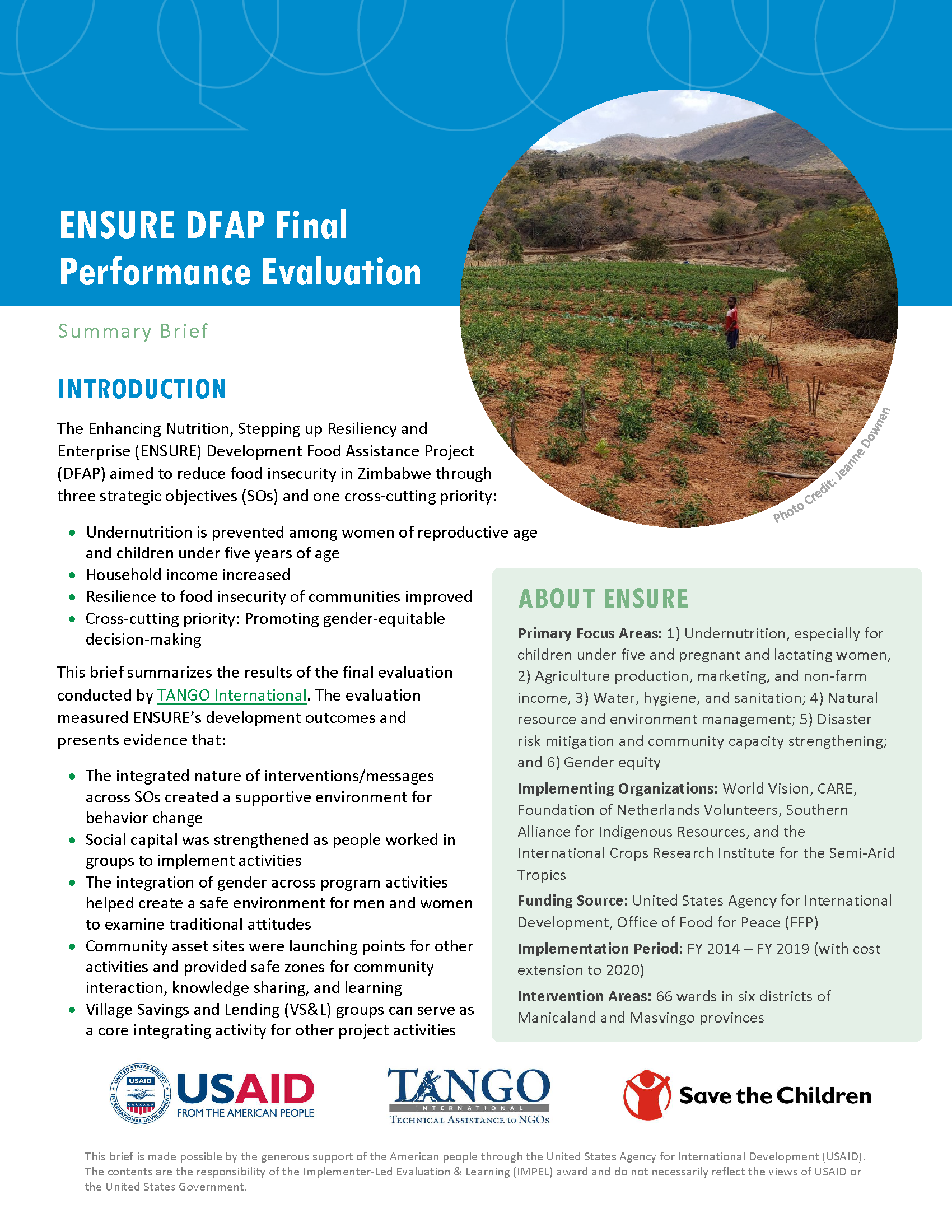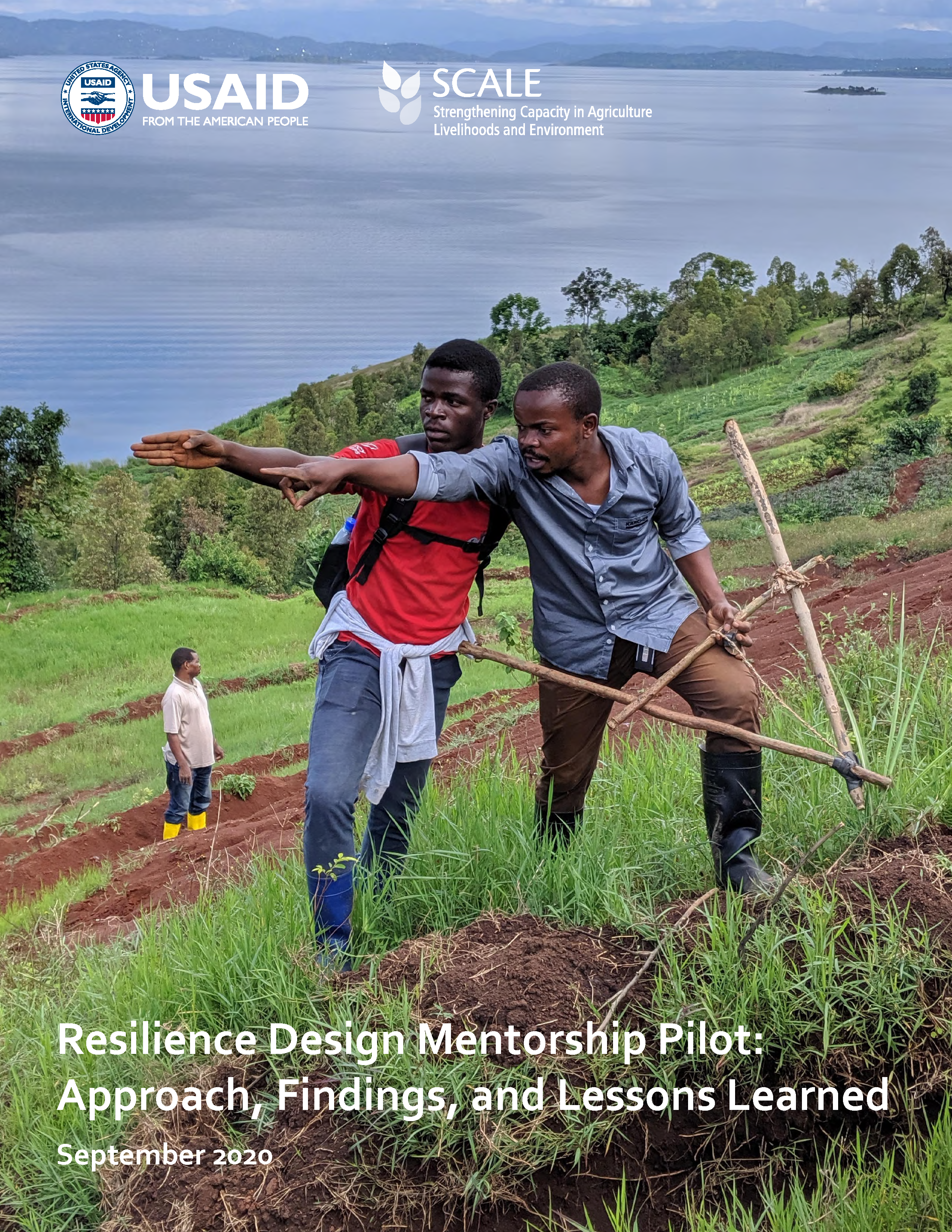ICTforAg 2020
Join global leaders across the world virtually on November 18, 2020 for a 1-day conference exploring the current state and future trends in agriculture, food security, resilient populations, and technology. Sponsored by Feed the Future and implemented by DAI, ICTforAg 2020 offers an interactive virtual experience focused on technical dialogue and fostering collaboration across the digital agriculture community and the sectors we work with. Our sessions will cover: The role of digital agriculture in preparing for and responding to local and global disruption How development organizations engage with the private sector — from small startup entrepreneurs to big tech companies

